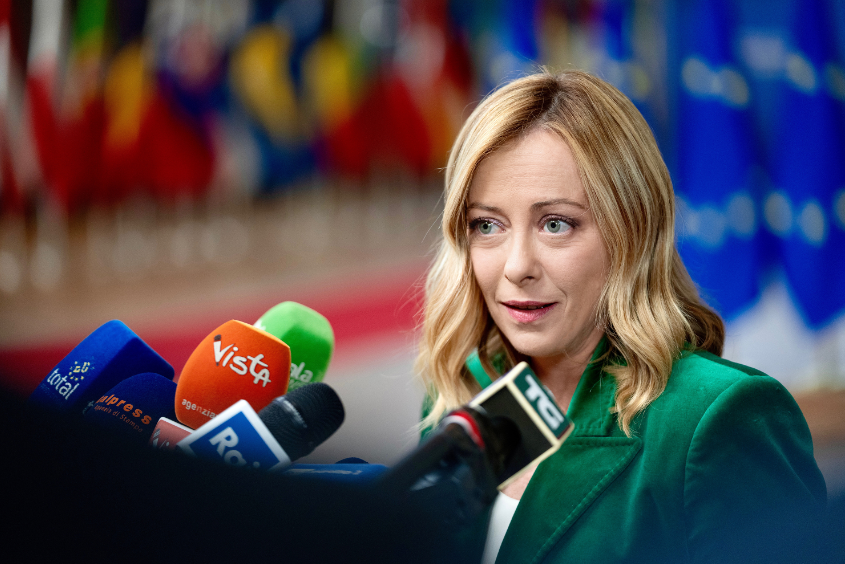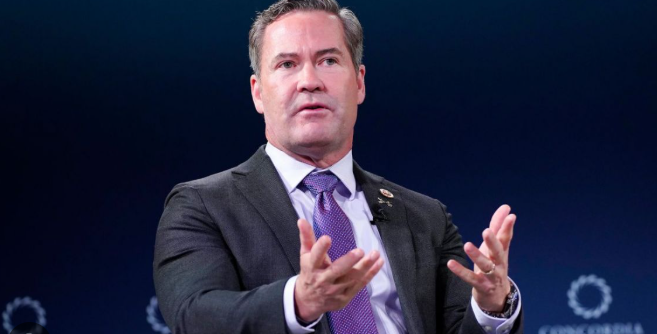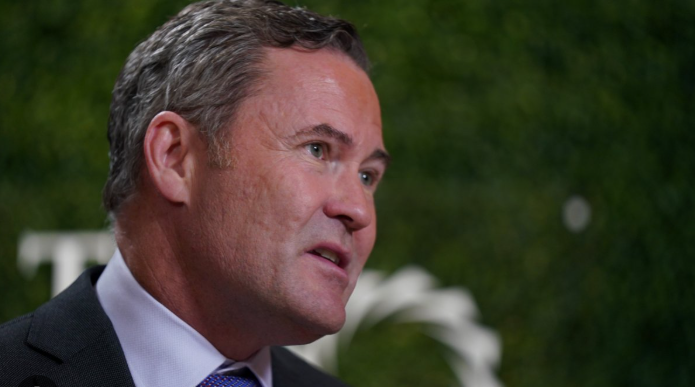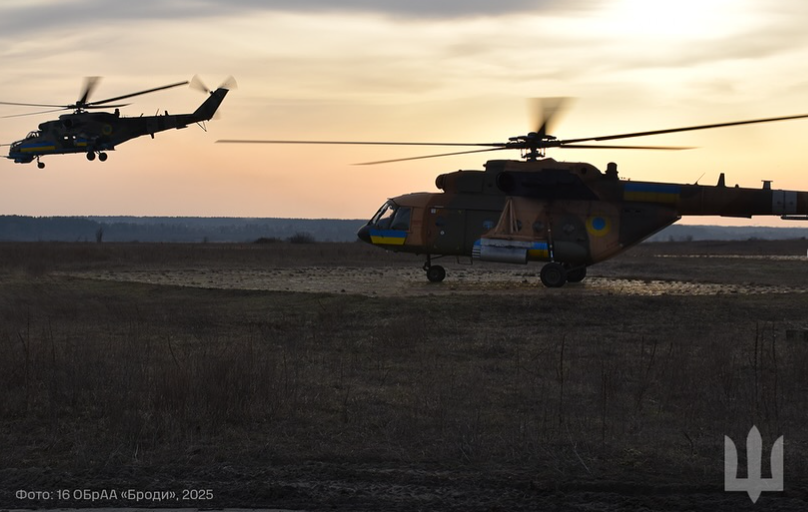WASHINGTON (Reuters) – U.S. President Donald Trump will hold a second summit with North Korean leader Kim Jong Un in late February but will maintain economic sanctions on Pyongyang, the White House said on Friday after Trump met Pyongyang’s top nuclear negotiator.
The announcement came amid a diplomatic flurry in Washington surrounding the visit of Kim Yong Chol, a hardline former spy chief, and marked a sign of movement in a denuclearization effort that has stalled since a landmark meeting between Trump and the North Korean leader in Singapore last year.
“President Donald J. Trump met with Kim Yong Chol for an hour and a half to discuss denuclearization and a second summit, which will take place near the end of February,” White House spokesman Sarah Sanders said.
Sanders insisted that while Trump’s talks with the North Korean were productive, the United States “is going to continue to keep pressure and sanctions on North Korea.”
Trump declared after the Singapore summit in June that the nuclear threat posed by North Korea was over. But hours before Kim Yong Chol’s arrival on Thursday, Trump unveiled a revamped U.S. missile defense strategy that singled out the country as an ongoing and “extraordinary threat.”
The first summit produced a vague commitment by Kim to work toward the denuclearization of the Korean peninsula, but he has yet to take what Washington sees as concrete steps in that direction.
Nevertheless, both Trump and Kim had expressed an interest in arranging a second meeting, which some U.S.-based analysts say would be premature due to the lack of obvious progress so far. Some critics say the first summit only boosted Kim’s international stature without much to show for it.
Harry Kazianis, an analyst at the conservative Washington-based Center for the National Interest, called the agreement to hold another summit a positive development. But he said: “Both nations must now show at least some tangible benefits from their diplomatic efforts during a second summit, or risk their efforts being panned as nothing more than reality TV.”
Communist-ruled Vietnam, which has good relations with both the United States and North Korea, has been widely touted as the most likely site of the next summit. There has also been speculation about other possible venues, including Bangkok, Hawaii, or a return to Singapore.
TRUMP SEEKING ‘WIN’?
Friday’s Oval Office meeting followed 45 minutes of talks between Kim Yong Chol, regarded as a member of Kim Jong Un’s inner circle, and Secretary of State Mike Pompeo, who was joined by U.S. special representative on North Korea, Stephen Biegun.
Pompeo had planned to meet the North Korean envoy last November, but the meeting was postponed at the last moment.
U.S.-based analysts said that North Korea, which has developed missiles and nuclear weapons in defiance of U.N. Security Council resolutions, would likely be seeking a clearer message from the Trump administration on any concessions it may be willing to make.
The United States wants swift and irreversible denuclearization, while North Korea has made clear it wants phased, synchronized and reciprocal actions that would include easing punishing sanctions.
“The North Koreans need a real indication of what the U.S. is willing to put on the table,” said Jenny Town, a North Korea expert at 38 North, a Washington-based think tank.
South Korean Foreign Minister Kang Kyung-wha said on Wednesday that if North Korea took concrete steps toward abandoning its weapons programs, Washington could offer a formal end to the 1950-53 Korean War, humanitarian aid or a permanent channel for bilateral dialogue.
Victor Cha, a former White House adviser on Asia under President George W. Bush, suggested that Trump may be so desperate for a policy “win” that he could be vulnerable to a bad deal with North Korea.
“I worry that the timing works to North Korea’s benefit,” Cha said, citing pressures on Trump such as the partial U.S. government shutdown and the ongoing investigation into alleged Russian ties to Trump’s 2016 presidential campaign.
Earlier this month, Trump defended the stuttering progress on North Korea by saying that Pyongyang had stopped missile and bomb testing and if it had not been for his administration “you’d be having a nice big fat war in Asia.”
In another sign of diplomatic movement, North Korean Vice Foreign Minister Choe Son Hui arrived in Stockholm, where she may be joined later at the weekend by Biegun. Washington has been keen to set up talks between the two but North Korea has resisted such contacts.
On his last visit to Washington, Kim Yong Chol delivered a letter from Kim Jong Un to Trump that helped overcome obstacles ahead of the summit in Singapore. CNN quoted a source familiar with the U.S.-North Korea talks as saying that the envoy would be carrying a new letter for Trump on Friday.
Reporting By Matt Spetalnick and David Brunnstrom; additional reporting by Steve Holland and David Alexander and Lesley Wroughton in Washington, and Michelle Nichols at the United Nations; editing by Alistair Bell and Sonya Hepinstall






Leave a Reply